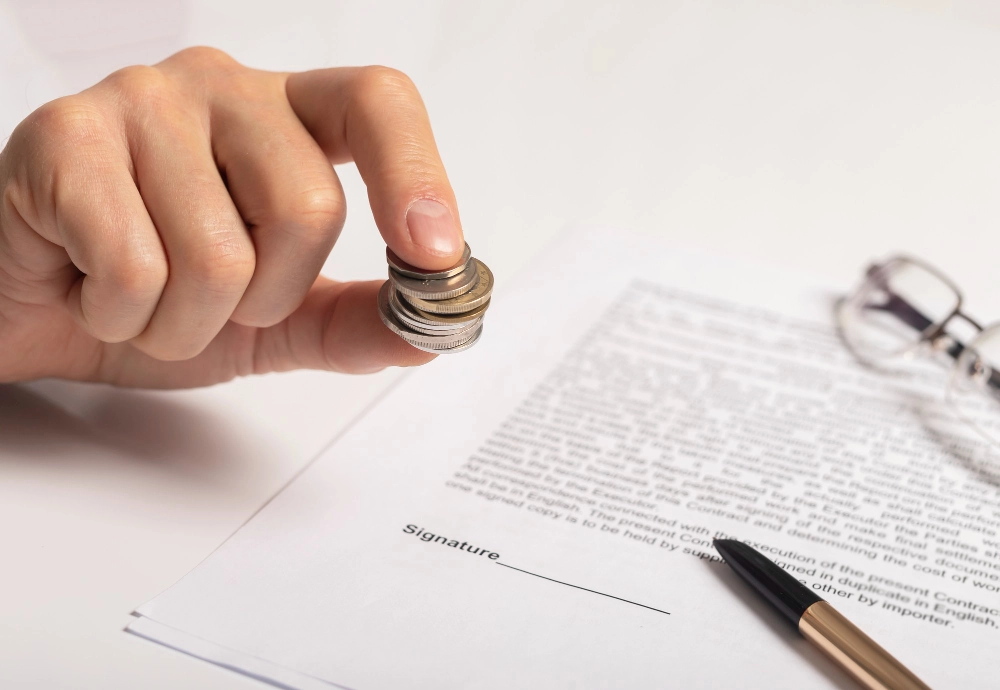Have you ever borrowed money for business matters? In both professional and personal contexts, lending and borrowing money is nothing new. However, many times agreements are made verbally without any official documentation.
This is where a Debt Acknowledgment Deed plays an important role. This document serves as authentic legal evidence, providing certainty and protection for all parties involved. An agreement that begins informally can be transformed into a valid contract with strong legal grounds.
Read on to understand the importance of creating a debt acknowledgment deed and its legal standing.
What Is a Debt Acknowledgment Deed?
A debt acknowledgment deed is an official document made by a debtor to formally and in writing recognize their obligation to pay a creditor. Typically, it is drawn up as an authentic deed by a notary, which grants it binding legal force.
As explained in the Indonesian Notary Journal (2020), even without using a security right (Hak Tanggungan), a debt acknowledgment deed can still be used to execute collateral through a grosse deed of debt acknowledgment issued at the creditor’s request.
A grosse deed prepared by a notary carries definitive legal force as stipulated in the Notary Law (UUJN), Article 55 paragraph (2).
The grosse of a debt acknowledgment deed is an official copy with executorial power, allowing creditors to demand repayment if the debtor defaults.
Thus, this document is not mere formality—it is created at the creditor’s request to ensure stronger legal protection.
Reasons Why a Debt Acknowledgment Deed Is Important
Notarial debt acknowledgment deeds are often seen as just a formality. In reality, this document is crucial for both debtor and creditor. Here are several main reasons why it should be made officially:
1. Valid Legal Evidence
In practice, many loans are based only on verbal agreements or trust. Unfortunately, verbal agreements often cause disputes when one party fails to honor their promise.
A debt acknowledgment deed gives the loan agreement binding legal force. Without a written document, verbal agreements are hard to prove in court. With this deed, creditors have a clear legal basis to collect repayment.
2. Protects the Rights & Obligations of Both Parties
Legal protection in an agreement must be reciprocal. This document not only protects the creditor but also provides clarity for the debtor. Creditors gain a solid legal basis to collect repayment, while debtors receive certainty regarding loan amount, interest, and repayment schedule.
3. Prevents Disputes
One of the most important reasons to create this deed is to prevent conflicts. Many disputes arise from misunderstandings about the loan amount or repayment terms. A debt acknowledgment deed records all details clearly, minimizing the risk of misinterpretation or disputes.
4. Facilitates the Collection Process
If the debtor defaults or fails to meet their obligations, this document can serve as the basis for a formal warning (somasi) or even further legal action. It makes the collection process more straightforward, faster, and legally valid.
5. Demonstrates Professionalism and Trust
Drafting a debt acknowledgment deed reflects seriousness and builds mutual trust. Even when the debtor and creditor have a close relationship, an official document shows professionalism and commitment in financial transactions.
Valid Requirements of a Debt Acknowledgment Deed
According to Scholarhub UI, the validity requirements for a debt acknowledgment deed refer to Article 1320 of the Indonesian Civil Code, which stipulates that a valid agreement must include:
-
An agreement between debtor and creditor regarding the loan transaction.
-
Legal capacity of both parties to enter into a contract (i.e., they must be of legal age and not under guardianship).
-
A clear loan object, including amount and terms.
-
A lawful cause, not contradicting the law, morality, or public order.
In addition, since it is prepared as an authentic deed, it must comply with the Notary Law (UUJN), such as being drafted in Indonesian, read aloud, and signed before a notary.
Estimated Cost of Making a Debt Acknowledgment Deed
In practice, preparing a debt acknowledgment deed through a notary requires service fees. The costs generally range from IDR 1,000,000 to IDR 5,000,000, depending on the loan amount, complexity of the agreement, and the notary’s policies.
This expense should be seen as an investment to secure clear legal protection and avoid potential disputes in the future.
Legal Standing of a Debt Acknowledgment Deed
A notarial debt acknowledgment deed holds the status of an authentic deed with full legal force. It serves as conclusive evidence for both creditor and debtor, having been formally ratified by a notary and signed by the involved parties.
The evidentiary power of an authentic deed covers three aspects:
-
External evidence: Ensures the deed meets formal requirements as an authentic document.
-
Formal evidence: Confirms that the stated facts or declarations indeed occurred.
-
Material evidence: Establishes that the contents of the deed reflect the legal reality.
Furthermore, certain authentic deeds can be issued as a grosse deed with executorial force. This means the debt acknowledgment deed can be executed directly, similar to a court ruling with permanent legal effect.
This is reinforced by Notary Law (UUJN) No. 30 of 2004 as amended by Law No. 2 of 2014, which authorizes notaries to prepare authentic deeds that ensure legal certainty and maximum protection in loan agreements. However, not all authentic deeds may be issued in grosse form.
A debt acknowledgment deed is a legally binding document that strengthens loan agreements, making them clear, secure, and protected for both creditor and debtor.
With such a deed, lending and borrowing relationships gain official legal recognition, reducing risks of disputes and ensuring fairness for both sides.
In addition to legal protection, you also need access to fast, transparent, and reliable financing for your financial needs. That’s where BFI Finance comes in.
Through its financing services, you can apply for loans secured by motorcycle BPKB, car BPKB, or property certificates. The process is simple, transparent, and designed to provide comfort to every customer.
Rest assured, BFI Finance is licensed and supervised by the Financial Services Authority (OJK). With over 40 years of experience, BFI Finance is ready to be your trusted partner in achieving your goals—from business capital and asset purchases to personal needs.
Don’t let your financial plans remain only as ideas. It’s time to make them happen, because #SelaluAdaJalan with BFI Finance toward a brighter financial future.







